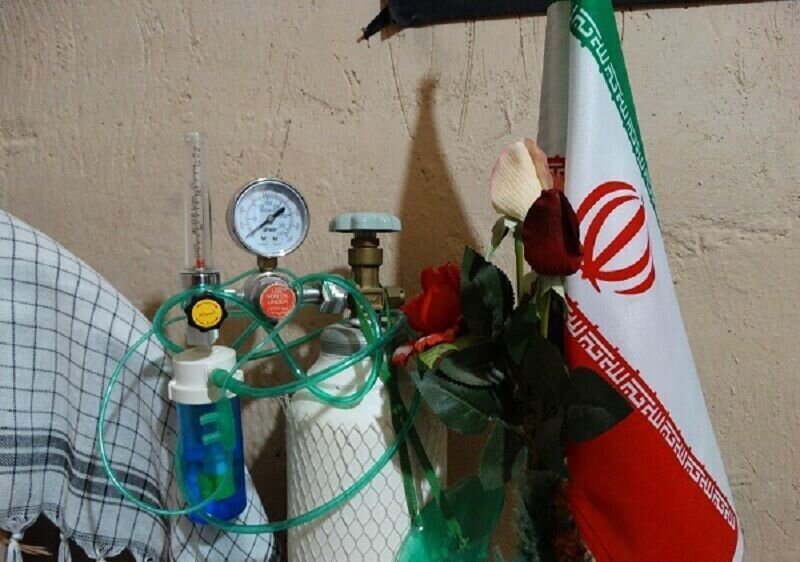Dutch company sentenced to compensate five Iranian victims of poison gas

TEHRAN- A Dutch court on Wednesday ordered Dutch company Forafina Beleggingen, previously KBS Holland, to pay compensation to five Iranian victims of poison gas during the imposed war of the 1980s.
The initial ruling was issued on November 15, 2023, as announced by the Iranian president's public relations office, in a case where five Iranian citizens brought a legal action against the Dutch companies Forafina Beleggingen and OTJIAHA, seeking compensation for harm caused by toxic gases supplied by these companies to Iraq during the imposed war.
Forafina Beleggingen was found guilty of selling chemical raw materials to Iraq during the war. Also, the appeal to OTJIAHA company is being considered.
The five Iranians were left permanently injured after three Iraqi mustard gas attacks in 1984 and 1986 during the imposed war, the court said in a statement. They argued that the two companies “knew or should have known” that thionyl chloride sold to Iraq would be used to make mustard gas.
Lawyers for the company cleared, now called OTJIHA, denied that the company, formerly known as Melchemie, had any knowledge that the chemical would be used by Iraq to make mustard gas.
The court agreed, saying that in the 1980s, “it was not yet widely known that the Iraqi regime was using mustard gas in the war against Iran, let alone that Iraq was using thionyl chloride for the production of that gas.”
The chemical also can be used as a pesticide and for the manufacture of plastics, the court said. It added that in the early 1980s, the Dutch government encouraged trade with Iraq and did not impose export restrictions on thionyl chloride.
During the imposed war, the Baath regime executed the use of over 3,000 tons of prohibited chemical weapons against Iranian soldiers and civilians, resulting in thousands of deaths and injuries.
Currently, more than 65,000 people have been identified chemically injured in Iran, who need continuous treatment and medical care.
Execution of chemical weapons is prohibited according to the 1925 Geneva Protocol, and Iran has been the biggest victim of chemical weapons in the world since World War I.
After the Iraqi Baath regime committed this crime, the Convention on the Prohibition of the Development, Production, Stockpiling, and Use of Chemical Weapons and on their Destruction (the Chemical Weapons Convention or CWC) was signed in 1993 and carried out in 1997.
The convention comprises a Preamble, 24 Articles, and 3 Annexes — the Annex on Chemicals, the Verification Annex, and the Confidentiality Annex.
Iran signed the CWC on January 13, 1993, ratified the CWC on November 3, 1997, and submitted its initial declarations in 1998 and 1999.
Leave a Comment